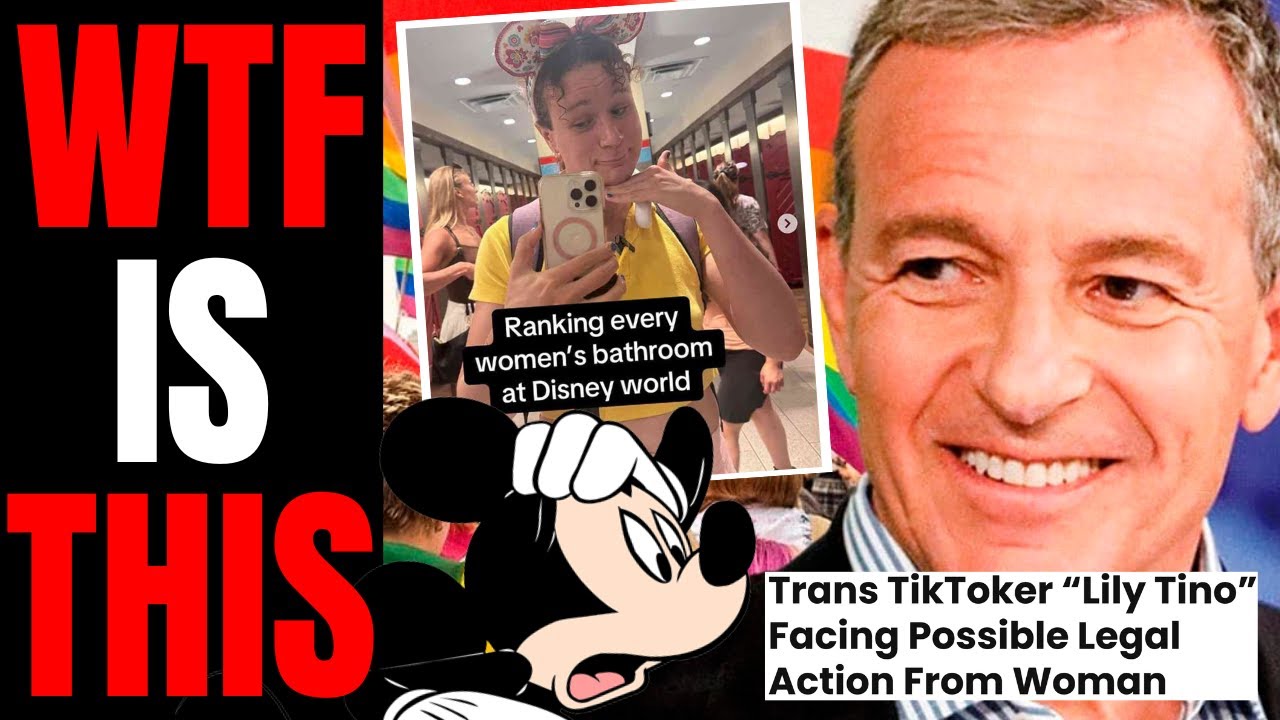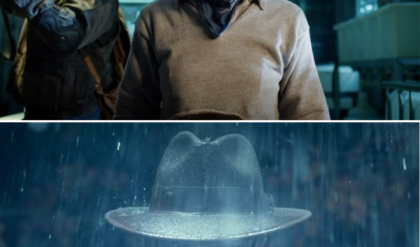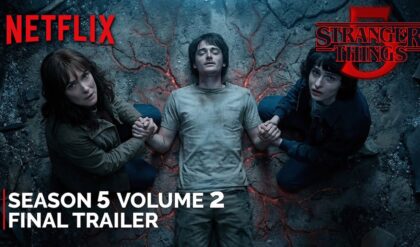Trans TikToker’s Disney Women’s Restroom Controversy: Privacy, Law, and Public Outcry
In early June 2025, a transgender TikTok influencer set off a firestorm at Walt Disney World by posting videos and photos taken inside women’s restrooms across the Florida theme park’s resorts and parks, including Magic Kingdom and EPCOT. The content, which ranked restroom facilities while inadvertently capturing other women and children without consent, drew fierce condemnation on platforms like X, where users branded the actions “creepy” and “predatory.” The backlash intensified with reports that affected women are exploring legal action, citing privacy violations under Florida law. Disney’s silence has fueled further debate, raising critical questions about safety, inclusivity, and the ethics of social media content creation in family-friendly spaces. This article delves into the incident, the polarized reactions, its legal and cultural implications, and what it reveals about privacy, identity, and public spaces in 2025.

The Incident: A Misguided Social Media Stunt
The controversy erupted when the influencer, a transgender woman with over 400,000 followers on TikTok and Instagram, shared a series of posts in early June 2025, documenting her experiences in Disney World’s women’s restrooms. Framed as a playful “ranking” of facilities based on cleanliness, aesthetics, and interactions, the content included selfies near mirrors and stalls, with ratings like “9/10” for a compliment on her outfit or “2/10” for a “weird look.” Some posts highlighted her use of the restroom, such as standing to urinate, which she presented as a “trans woman’s experience.” Critically, several images and videos captured other women and children in the background, none of whom had consented to being filmed or photographed.
The posts, shared on TikTok and Instagram, quickly went viral, but for all the wrong reasons. X users, including accounts like @OliLondonTV and @DavidHarvey_SC, amplified the content, framing it as a gross invasion of privacy and a betrayal of Disney’s family-oriented values. Comments on TikTok and X expressed outrage, with one user stating that photographing in women’s restrooms without consent is “illegal in Florida” and another demanding the influencer’s ban from the parks. Reports from sources like Disney Fanatic and Reduxx indicate that women who appeared in the footage are considering lawsuits, citing emotional distress and privacy breaches. A Change.org petition to bar the influencer from Disney parks, launched shortly after, has amassed over 4,300 signatures, accusing her of undermining the “family-friendly environment.”
The influencer’s prior actions at Disney World added context to the uproar. Earlier in 2025, she posted a video from Disney’s Animal Kingdom, lamenting being “misgendered” as “sir” by a server at Tiffins Restaurant, claiming it made her feel “unsafe.” That post, which garnered 39 million TikTok views, drew mixed reactions—some empathized with her discomfort, while others, like X user @jimdubyad, accused her of “recording every interaction for content” to portray herself as a victim. Her history of provocative posts, including a 2024 Disneyland video using Minnie Mouse cake pops to discuss gender-affirming surgery, has cemented her as a polarizing figure, with critics arguing she courts controversy for attention.
Legal Implications: Florida’s Privacy and Bathroom Laws
The influencer’s actions raise significant legal concerns, primarily under Florida Statute 810.145, which prohibits videotaping or broadcasting individuals in private spaces like restrooms without consent. Classified as a felony, violations can lead to up to five years in prison and substantial fines. Legal experts suggest that the women filmed, some visibly uncomfortable in the footage, could pursue civil lawsuits for invasion of privacy and emotional distress. One woman, identified in a video, is reportedly consulting attorneys, bolstered by the statute’s clear definition of bathrooms as spaces with a “reasonable expectation of privacy.” The influencer’s posts, which included identifiable individuals without permission, appear to violate this law, strengthening potential legal claims.
Florida’s 2023 Facility Requirements Based on Sex Act further complicates the situation. This law mandates that individuals use restrooms corresponding to their sex assigned at birth in certain public facilities, though its applicability to Disney World’s privately operated bathrooms is unclear. The influencer’s public assertion of her right to use women’s restrooms, as seen in an X post declaring, “I’m a woman so I’m going to use the women’s bathroom,” has been cited by critics as defying Florida’s legal framework, though her transgender identity alone doesn’t inherently violate the statute. The law’s ambiguity in private settings has spurred calls for stricter enforcement, with X users like @Bubblebathgirl urging Governor Ron DeSantis to act.
Disney’s lack of comment has drawn criticism. The company has a history of banning guests for infractions like fighting, drug possession, or violating costume policies, yet it has not addressed whether the influencer faces consequences. This silence, noted by sources like The Federalist, contrasts with Disney’s swift response to other incidents, such as a 2023 ban for a guest attempting to smuggle cocaine. Critics argue that Disney’s hesitation stems from a desire to avoid alienating progressive audiences, given its public commitment to inclusivity, including gender-neutral “companion restrooms” at its parks.
Public Reactions: Outrage vs. Defense
The reaction on X and TikTok has been overwhelmingly negative, with users like @Xwhoxcaresxxx and @LittleManfish3 labeling the influencer’s actions “predatory” and a “clear violation of privacy,” especially given the presence of children. Some, like @akfishgal, vowed to involve law enforcement if encountering similar behavior, reflecting a sentiment that women’s restrooms should remain private havens. Commentators have criticized the influencer for treating bathrooms as “content sets,” with one arguing that such actions “exploit” spaces where women seek safety. A TikTok user, Kaitlyn Foster, recounted witnessing the influencer in Disney restrooms years ago, noting that other women seemed “noticeably disturbed” by her “observing” behavior, suggesting a recurring pattern.
A smaller group, primarily within the LGBTQ+ community, defends the influencer, arguing that her actions, though misguided, aimed to normalize transgender women’s presence in women’s restrooms. Some X and TikTok users contend that her rankings were an attempt to address trans visibility in conservative states like Florida, where bathroom access is contentious. They argue that the backlash is rooted in transphobia, with one user noting that cisgender women filming in restrooms would face less outrage. Critics of this view emphasize that the issue is consent, not identity—filming without permission violates universal privacy norms, regardless of who’s behind the camera.
The debate has been amplified by social media and fan-driven platforms. X posts like @DavidHarvey_SC’s labeled the influencer “mentally ill,” while YouTube videos sensationalized the incident as her “destruction.” This rhetoric, while engagement-driven, oversimplifies a nuanced issue, pitting privacy against inclusivity. The Change.org petition and calls for legal action signal a demand for accountability, but the lack of verified evidence about the influencer’s intent—beyond her posts—complicates the narrative.
Cultural and Ethical Implications
The incident highlights broader tensions in 2025: the clash between individual expression, public safety, and social media’s role in sensitive spaces. Disney World, marketed as “the happiest place on Earth,” is a microcosm of these debates, striving to balance its family-friendly brand with inclusivity commitments. The influencer’s actions challenge this equilibrium, raising ethical questions about content creation in private settings. Women’s restrooms, especially in family-oriented environments, are seen as sanctuaries where privacy is paramount, particularly for parents protecting children. Filming in such spaces, regardless of intent, breaches this trust, as evidenced by the distress reported by affected women.
The influencer’s transgender identity adds complexity. Florida’s conservative policies, like the 2023 bathroom law, have created a hostile environment for trans individuals, potentially prompting assertive acts like these posts to claim space. However, critics argue that her approach—filming others without consent—undermines advocacy by prioritizing personal content over collective safety. The incident echoes critiques of “performative” activism, where social media stunts overshadow meaningful dialogue. Supporters, however, see the backlash as evidence of systemic bias, noting that trans women face disproportionate scrutiny for existing in women’s spaces.
Disney’s role is fraught. Its gender-neutral restrooms, introduced to accommodate diverse guests, haven’t resolved bathroom access debates, and its silence risks alienating both progressive and conservative patrons. Past incidents, like a 2021 guest’s public urination at Disneyland, show Disney’s willingness to eject rule-breakers, but the political sensitivity of transgender issues may explain its caution. The influencer’s claim that Disney offers a “safe space” in Florida’s “hellscape” contrasts with critics’ demands for her ban, underscoring the park’s challenge in navigating cultural divides.
Critical Perspective: Privacy as the Core Issue
The narrative—casting the influencer as either a transphobic scapegoat or a reckless provocateur—misses the central issue: privacy. Filming in women’s restrooms without consent violates a universal expectation of safety, particularly in a family-centric space like Disney World. Florida’s privacy laws, with felony penalties, reflect this priority, and potential lawsuits underscore the breach’s severity. The influencer’s intent, whether to advocate or gain clout, is secondary to the harm caused by non-consensual recording. However, the backlash’s focus on her transgender identity, with terms like “predatory,” risks fueling transphobia by conflating individual actions with broader stereotypes.
The Star Wars diversity debate from your prior request offers a parallel: fans resist change when it feels forced, but execution matters more than inclusion itself. Here, the influencer’s execution—filming without permission—sabotaged her message, alienating even those open to trans rights. Disney’s inaction reflects corporate caution, but its failure to enforce clear boundaries erodes guest trust. A solution lies in universal rules: ban restroom filming, enforce privacy laws, and clarify bathroom policies to protect all guests without targeting any group.
Conclusion
The trans TikToker’s photos in Disney World’s women’s restrooms have unleashed a storm, exposing the delicate balance between personal expression, privacy, and safety. Her actions, possibly meant to assert trans visibility, violated the sanctity of private spaces, triggering legal threats and widespread outrage. Florida’s strict laws and Disney’s silence amplify the stakes, while X’s polarized reactions—from calls for prosecution to defenses of her rights—mirror a deeper cultural divide. The Happiest Place on Earth is now a battleground, challenging Disney to uphold its values. As the legal and social fallout unfolds, this incident underscores that privacy transcends identity. The story is far from over—stay tuned to see how the magic endures.





